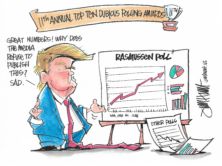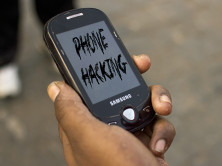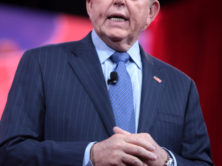
(Credit: PIxabay)
In years past, iMediaEthics has devoted lists to the top cases of plagiarism or fabrication. We’re pleased to report there appear to be fewer cases this year, so much so we are combining our top cases of plagiarism and attribution issues with the most noteworthy instances of sources who can’t be verified and fabrication issues.
10. A New York Times’ August editor’s note revealed the Times had quoted two lawyers for Aryan Brotherhood gang leader Barry Mills who were not his lawyers, and probably not even real people. The Times‘ editor’s note said the men’s quotes came from a book, but Mills’ real lawyer told iMediaEthics that he doesn’t think the two men exist.
9. In November, Vogue Ukraine suspended editor Olga Sushko, who ultimately left the magazine, after plagiarism allegations against her.
8. This summer, the Washington Post “dismissed” reporter Marwa Eltagouri for failing to properly attribute information and using similar wording to sources.
7. The Daily Beast‘s Lizzie Crocker resigned in January and the news site deleted several of her articles. The Daily Beast said in a statement that Crocker plagiarized.
56. In December, the Minneapolis Star-Tribune‘s film critic Colin Covert resigned after the newspaper found nine of his reviews used “unique phrases” from other news outlets without credit. Covert denied his work contained plagiarism, but said “I think you can certainly make a very convincing case that I was borrowing without attribution.”
5. This summer, video gaming website IGN unpublished reviews and fired Nintendo editor Filip Miucin after finding he had plagiarized. The site’s executive editor of reviews said “we’re taking down pretty much everything he did.”
4. This was a late contender: In December, Der Spiegel revealed its reporter Claas Relotius faked interviews, quotes and sources in at least 14 articles. The German news magazine is investigating all of his work.
3. The Houston Chronicle’s Mike Ward resigned in October after the newspaper couldn’t locate some of his sources. While Ward stood by his reporting, the Chronicle‘s review concluded that it couldn’t find 122 of 275 sources.
2. Student Loan Report fessed up in April that its supposed expert and writer Drew Cloud didn’t exist. In fact, the name was a pen name, the site said, with a fake background and a friend’s photo. Many news outlets including the Boston Globe and Washington Post had cited Cloud in articles.
1.NPR fired Danielle Karson in August after finding she recycled interviews without disclosure. After a review, NPR revealed she had recycled interviews in at least 157 stories.






